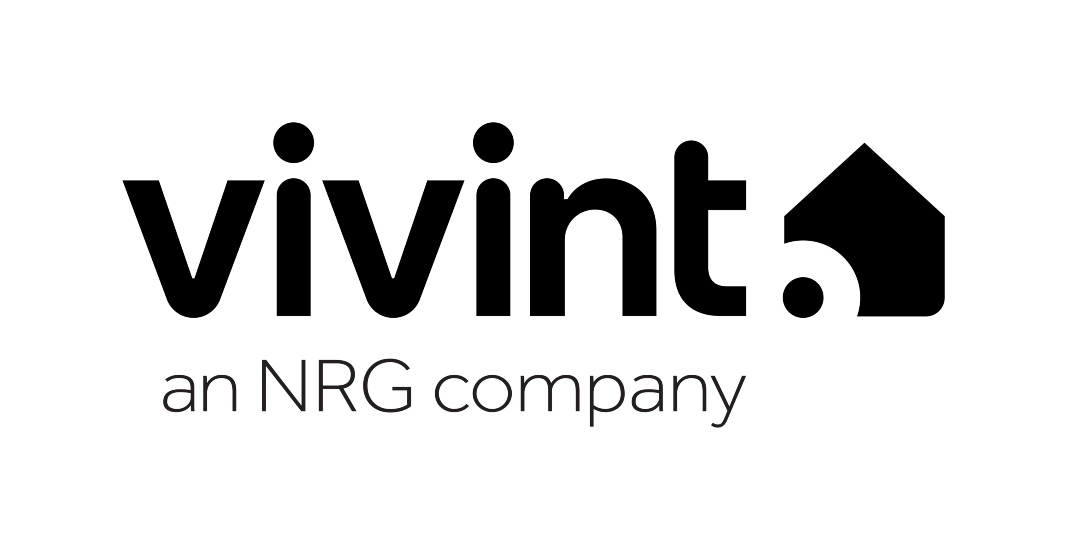After 25 years in the smart home industry, Vivint has announced a rebrand with a new visual identity and focus. The new branding comes with a refreshed logo as well a new push by Vivint to move beyond its original trappings in security towards a smart home services company now that it’s under NRG leadership.
“We are entering a rapid phase of innovation, where energy management concerns are beginning to rival security concerns,” said David Porter, Managing Director of Vivint.
“As part of NRG and under new leadership, Vivint is poised to lead this phase and redefine the smart home experience like no one else can. By integrating security and energy management, and making it accessible to millions more homes, we’re at the start of an exciting new chapter for our customers and for Vivint.”
Vivint’s Long and Controversial History in the Smart Home Business
Launched in 1999 Vivint started off as a security provider before expanding into broader smart home and automation services in 2011.
While largely an installer in its own right, Vivint did have a moment where it intersected with professional integrators in the form of its Pro market. At the time, the program was built specifically for integrators who intended on expanding their businesses through recurring revenue opportunities on security installations, which—as was the case for the others in the channel—didn’t quite pan out as the company had hoped.
During its tenure on its own, however, the company was no stranger to controversy. By 2023, Vivint had been sued by Alarm.com, ADT, CPI, and Alert 360 for deceptive sales practices and patent infringement.
The company was also fined by the FTC for $20M for using similar names and relative’s names to finance smart home systems for unqualified customers.
At the start of 2023, the company was then acquired by NRG, a Texas-based utility and home services company, with then CE Pro Editor-in-Chief Jason Knott speculating on it being a bet by NRG that smart home technology would be key in fixing the emerging issues with on-grid energy.
Vivint’s Energy Management Likely to Focus More on Automation Efficiencies
With the recent decision to highlight its focus on providing energy management services as part of its rebrand, however, it is worth noting that currently, on the Vivint website, no indication of such services exists, with the closest being the company’s smart thermostats, likely hinting that the company’s main approach will be in achieving efficiencies through smarter automations.
The definition and approach to energy management in the home has evolved and changed drastically over the years, with companies now offering solutions such as smart electrical panels, breakers, batteries, and entire control systems capable of intelligent load shedding and power conditioning.
This fits more in line with the evolution of energy demands within the home, as rapidly rising utility costs and more frequent outages have led to a hybridization of strategies from professionals meant to protect sensitive appliances and safeguard against potential outages in addition to driving down electrical consumption.
At its simplest however, smart home advocates have stated that energy management has always been achievable through efficient automatization of specific household functions such as heating and lighting, the former of which can help cut consumption by 8% in some cases.
With both categories already in Vivint’s wheelhouse, it’s likely through this approach that the company will pursue its energy management goals following the rebrand. However, as smart brakers and panels have come down drastically in price over the years, a Vivint-branded smart panel might not be that far out.
Keep Reading:
Energy used to be the wild west. Now, it’s one of the most sophisticated systems in the home
See why we think home energy storage storage is poised to strike it big
Or read up on how dirty power can affect modern lighting installations and what you can do about it






